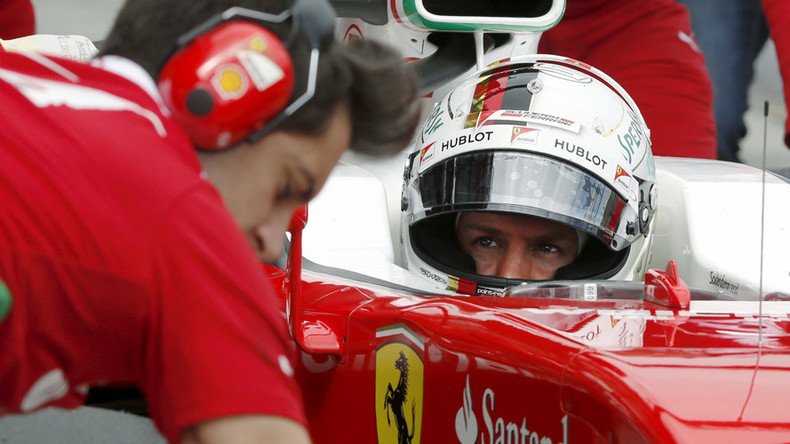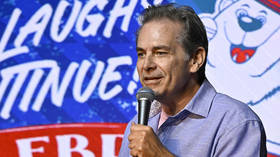Civil war: Formula 1 drivers revolt against unnecessary rule changes

Following controversial rule changes in Formula 1, a number of prominent drivers have openly criticized the power structure of the sport.
The Grand Prix Drivers’ Association has released a statement signed and endorsed by a host of prominent F1 figures, including former world champions Jenson Button and Sebastian Vettel, which questions the people in charge of organizing the sport’s structure.
Fascinating move from @JensonButton@alex_wurz and Sebastian Vettel and @GPDA_ on the governance of #F1pic.twitter.com/abvq7m8kZK
— Jennie Gow (@JennieGow) March 23, 2016
A new qualifying structure, which now sees drivers eliminated on a one-by-one basis, has been openly criticized by a number of drivers, as well as others involved in the sport.
This is set to be followed by a number of technical changes in 2017.
With a perceived lack of direction from Bernie Ecclestone and the Federation Internationale de l’Automobile, the GPDA statement was damming.
“Formula 1 is currently challenged by a difficult global economic environment, a swift change in fan and consumer behavior and a decisive shift in the TV and media landscape,” it reads.
“This makes it fundamental that the sport’s leaders make smart and well-considered adjustments.
“We feel that some recent rule changes – on both the sporting and technical side, and including some business decisions – are disruptive, do not address the bigger issues our sport is facing and in some cases could jeopardize its future success.
“Therefore the drivers have come to the conclusion that the decision-making process in the sport is obsolete and ill‑structured and prevents progress being made. Indeed, it can sometimes lead to just the opposite, a gridlock.”
Lewis Hamilton grabbed pole for the race in Melbourne last weekend in the first test of the new qualifying system, as the change in rules was condemned by many.
Red Bull team principal Christian Horner said it didn’t work, and even made an apology to the fans that attended due to the lack of excitement.
"Maybe we can salvage the good of the format," says Ecclestone on elimination qualifying https://t.co/c9j3iIiLR0pic.twitter.com/JK43xExPut
— Sky Sports F1 (@SkySportsF1) March 24, 2016
This sentiment was also echoed by a number of drivers.
Ecclestone has admitted that on this occasion the drivers are right in their concerns.
“It is not always easy to agree with you but you are correct,” a statement from the F1 boss reads.
“We must, as you have stated, urge the owners and all stakeholders of F1 to consider restructuring its governance.”
Hamilton himself has been vocal about the lack of driver involvement in the rule changes and feels that a more collaborative approach is needed.
“I don’t agree with the changes that have been made over many years and I do think the drivers should be consulted more,” he said recently.
“We do know what doesn’t feel good and what to improve. Some of these drivers have been in the cars for 10-15 years and been through all these different rule changes and know which ones work and which ones don’t.
“In terms of regulation changes, it is something we are not really much part of but those that have been implemented just now are nothing to do with us.”
The @GPDA_ may as well strike during Bahrain #F1 qualifying. There was no cars on Q3 in Melbourne as it was, what do they have to lose now?
— Sean Kelly (@virtualstatman) March 24, 2016
F1 is set to become a pay-per-view sport in the United Kingdom, with Sky winning the exclusive rights. Free-to-air television broadcasts of races will no longer be available from 2019.
Mercedes driver Nico Rosberg won the first race of the 2016 season in Melbourne. The next event is set to take place in Bahrain on April 3rd, followed by the Formula 1 race in Sochi, Russia, on May 1st.











